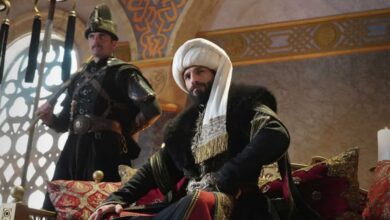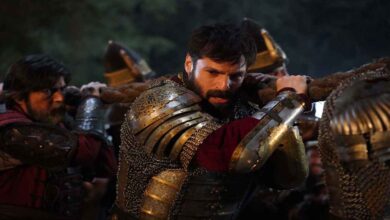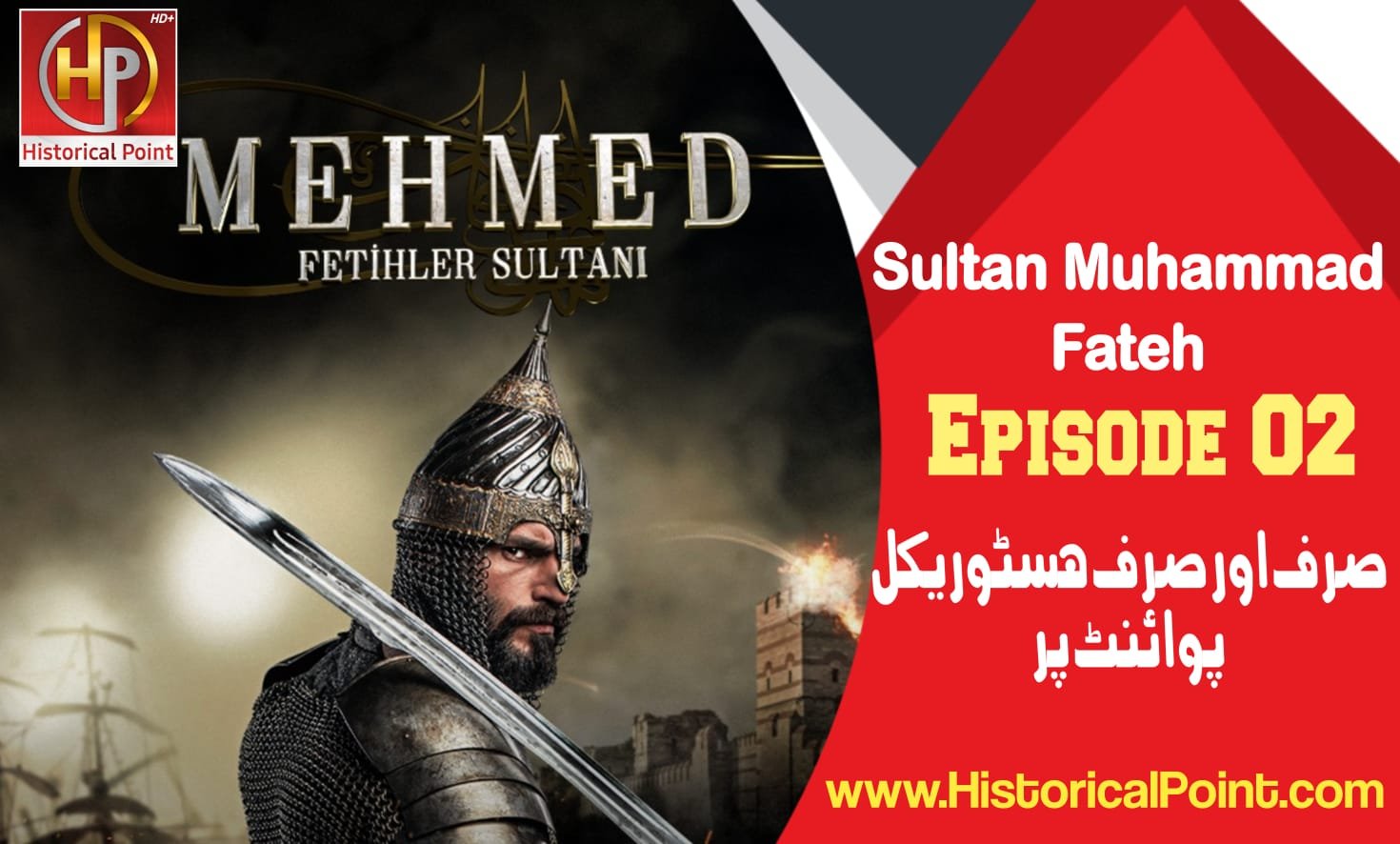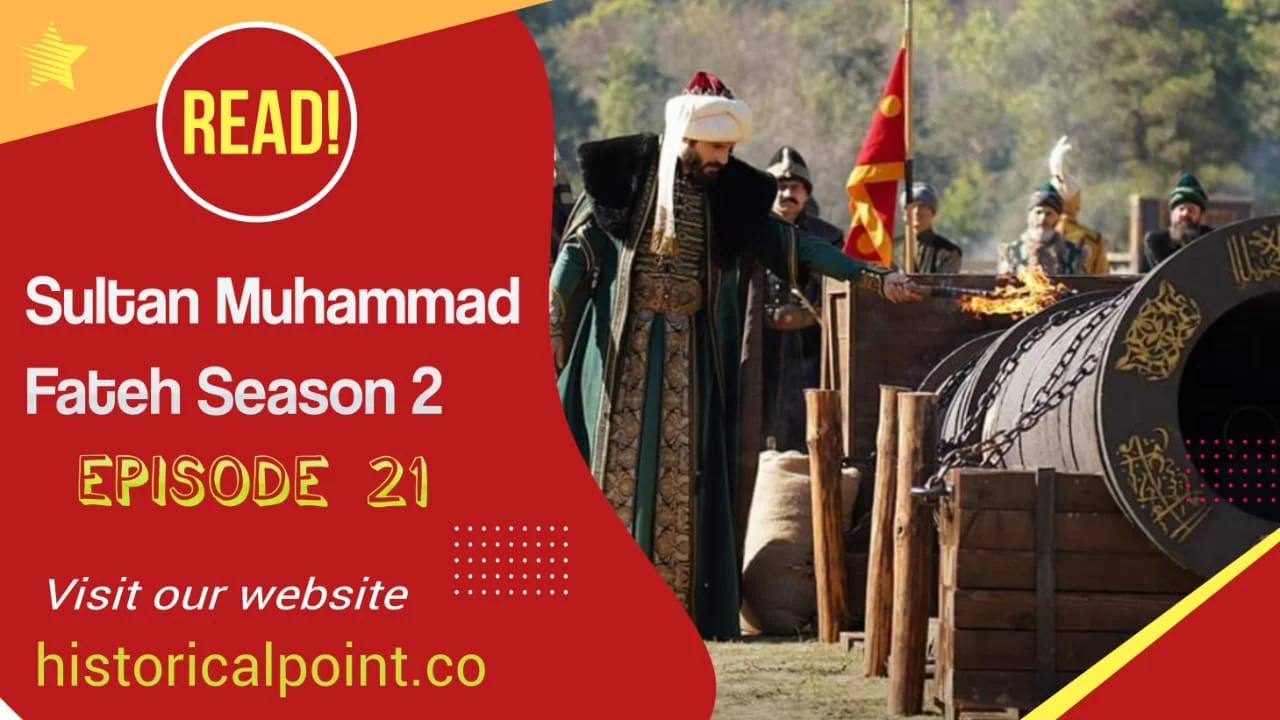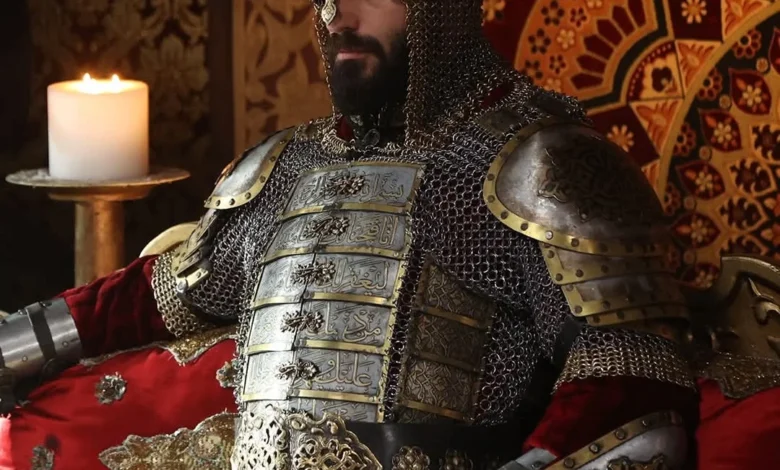
Sultan Muhammad Fateh Episode 56 takes viewers beyond the thunder of battle and into the rebuilding of a civilization. The conquest of Constantinople might have marked the end of an era for Byzantium, but for Sultan Muhammad, it was only the beginning of a greater mission — the foundation of a global empire.
This episode, released with Urdu subtitles, continues to highlight the brilliance, mercy, and vision of the young conqueror who transformed chaos into harmony and ashes into architecture.
The Episode Begins: A City in Silence
Episode 56 opens with a haunting calm. The echoes of swords and cannons fade as Constantinople, now Istanbul, lies silent under Ottoman rule. Streets once filled with Byzantine soldiers now see the arrival of disciplined Ottoman troops maintaining order.
Sultan Muhammad’s entry into the conquered city is both majestic and solemn. His horse’s hooves echo through the empty squares, symbolizing not dominance but divine purpose. The Urdu subtitles perfectly capture his powerful dialogue:
“This city is not a trophy of war — it is the trust of Allah.”
That single line defines the tone of the episode — justice, faith, and rebuilding.
Hagia Sophia: From Cathedral to Mosque
The emotional centerpiece of Episode 56 is undoubtedly the conversion of Hagia Sophia. Once the heart of Christian Byzantium, it now becomes a mosque — a spiritual center for the new capital.
The scene where Sultan Muhammad enters Hagia Sophia is beautifully directed. Instead of pride, his face shows humility. He bows in prayer, thanking Allah for granting him success and pledging to rule with fairness. The cinematography captures the transformation from ruin to renewal — sunlight breaking through stained glass, dust settling as if nature itself welcomes the new beginning.
The Urdu translation delivers these dialogues with poetic depth, allowing viewers to feel every emotion — from reverence to reflection.
The Spirit of Forgiveness
Unlike many conquerors of history, Sultan Muhammad chooses forgiveness over vengeance. Episode 56 presents a stunning portrayal of Islamic leadership — where mercy stands above might.
Byzantine citizens are granted protection, and their rights are secured. The Sultan orders that no civilian should be harmed, and those who wish to leave the city may do so freely. Even the family of Emperor Constantine XI is treated with honor, showing that moral power is greater than military conquest.
This segment of the drama powerfully conveys the teachings of Prophet Muhammad (PBUH) — that justice and compassion define true victory.
Istanbul: The Dream of a New Capital
After securing peace, Sultan Muhammad sets his vision into motion — transforming the war-torn city into a beacon of civilization. He calls for architects, scholars, and traders from all over the Ottoman lands to rebuild Istanbul.
His conversation with his advisors becomes a highlight of Episode 56:
“We have conquered a city, but now we must conquer ignorance and injustice.”
That dialogue encapsulates the very essence of his rule — a ruler not obsessed with conquest, but with enlightenment. Schools are established, trade routes reopened, and construction of mosques and libraries begins.
Through these scenes, Episode 56 shifts from war drama to historical inspiration — showing how leadership shaped the Ottoman golden age.
Challenges Ahead – Shadows in the Victory
No victory comes without enemies, and this episode doesn’t shy away from showing that reality. Some Byzantine nobles secretly plan rebellion, while certain Ottoman commanders begin to show envy toward the Sultan’s growing fame.
A mysterious messenger is shown traveling toward Venice, hinting that European powers are already planning retaliation. This setup ensures the storyline remains suspenseful and politically charged, setting the stage for future conflicts in Episode 57 and beyond.
The episode ends with Sultan Muhammad gazing over the city skyline at dawn — the minarets of Hagia Sophia piercing the golden light — as he whispers:
“This city shall be the heart of the world.”
A perfect closing moment for an episode rooted in renewal and divine destiny.
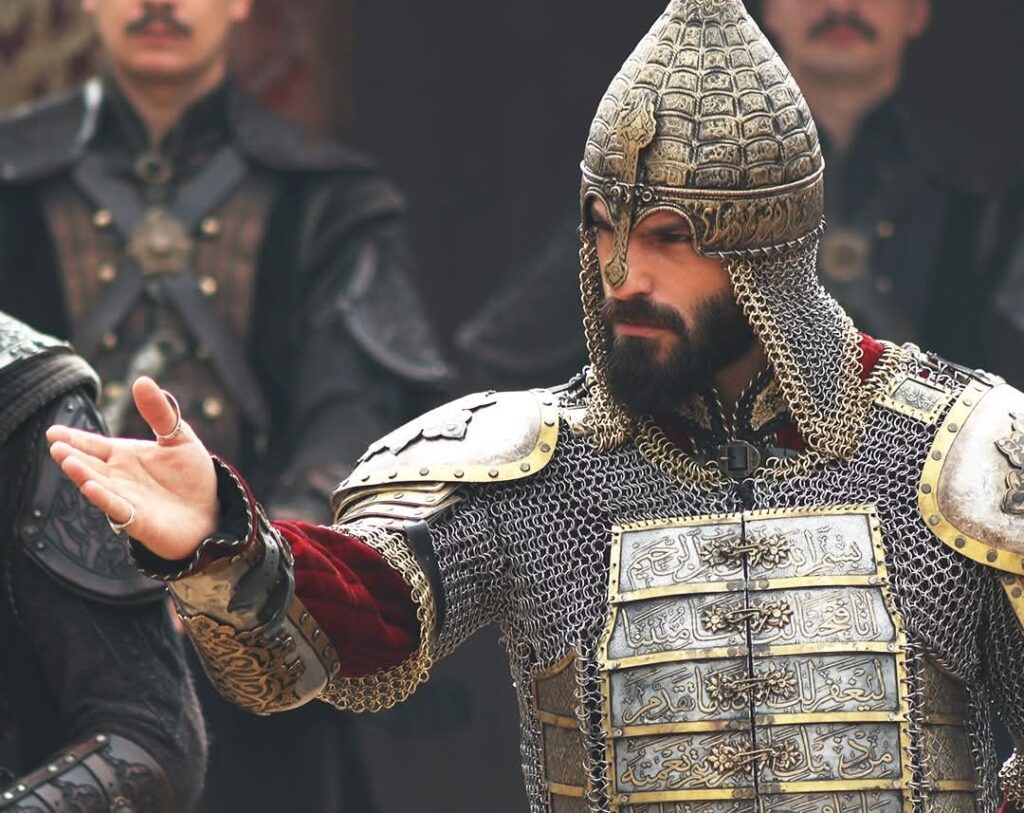
Server 1:
Server 2:
Production and Performance Excellence
The production quality of Sultan Muhammad Fateh Episode 56 continues to raise the bar for historical dramas. The cinematography, background score, and set detailing truly bring the 15th-century Ottoman Empire to life.
Emre Bey’s portrayal of Sultan Muhammad remains flawless — commanding in authority yet deeply human in emotion. His delivery, especially in the Urdu-dubbed version, resonates with strength and sincerity. Supporting characters, including the loyal commanders and scholars, add realism and depth to the episode.
Final Thoughts
Sultan Muhammad Fateh Episode 56 beautifully bridges history and humanity. It reminds us that real greatness lies not in victory, but in what comes after it — the wisdom to rule with compassion and the courage to rebuild.
Whether you’re a fan of Turkish history, Islamic heritage, or epic storytelling, Episode 56 delivers it all — heart, vision, and inspiration.
Watch now and witness how Sultan Muhammad transforms the city of conquest into the capital of faith, culture, and civilization — the magnificent Istanbul.
